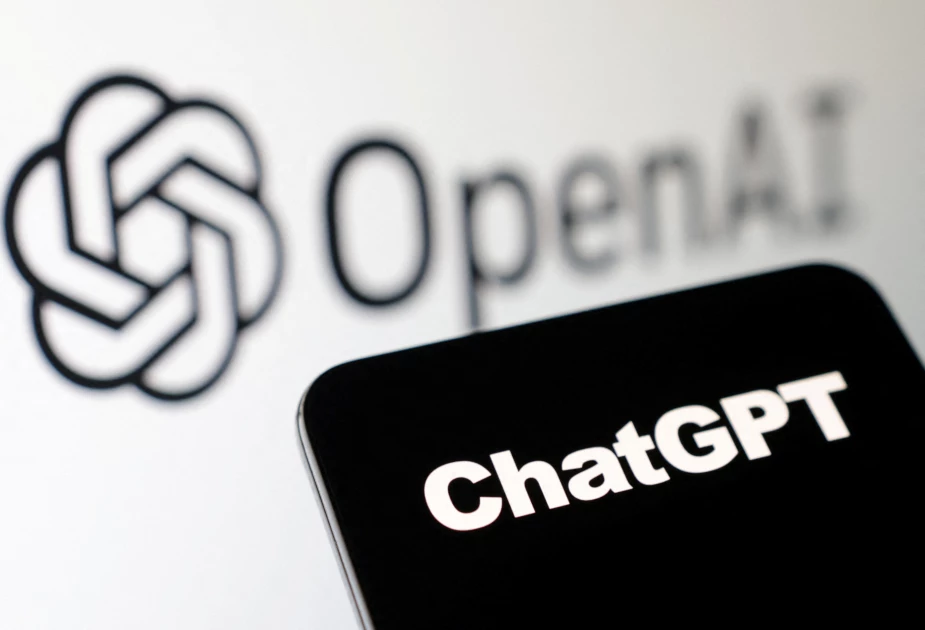Kenyan moderators behind ChatGPT want parliament to probe OpenAI, Sama over exploitation

OpenAI and ChatGPT logos are seen in this illustration taken, February 3, 2023. REUTERS/Dado Ruvic/Illustration
The
Kenyan content moderators who built the Artificial Intelligence (AI) chatbot ChatGPT
have filed a petition in parliament seeking a probe into the bot’s parent
company OpenAI and its local moderation partner Samasource.
The Sama
employees allege exploitation and underpayment during the creation of the popular
chatbot and want the Kenyan government to investigate the companies and
regulate the work of tech companies operating in the country.
In
court documents seen by Citizen Digital, Richard Mwaura Mathenge, Mophat
Ochieng Okinyi, Alex Mwaura Kairu and Bill Kelvin Mulinya on behalf of the moderation
team say in 2021, the US AI company partnered with Sama.
Sama
was outsourced to provide the workforce who would train and clean up the now
very popular chatbot, which was launched in November last year, to communicate and
interact with people as if it were a person itself.
“Sama
engaged us and other young Kenyans on temporary contracts to do this work. The
contracts did not describe sufficiently the nature of the job,” the moderators
say.
They
claim they were not properly informed of the nature of the work we would be
undertaking, which involved reading and viewing material that depicted sexual
and graphic violence and categorizing it accordingly so that ChatGPT's AI could
learn it for purposes of its future interactions with people.
“Examples of the content that we were exposed to include; acts of bestiality, necrophilia, incestuous sexual violence, rape, defilement of minors, self-harm (e.g. suicide), and murder just to mention a few,” they say.
-'No psychological support'-
All
through the ChatGPT training process, the workers say they were not afforded
psychosocial support and that due to the exposure to the work, they have
developed severe mental illnesses including PTSD, paranoia, depression,
anxiety, insomnia and sexual dysfunction.
Additionally,
the moderators say the contract between OpenAI and Sama was terminated abruptly,
making them to be sent home despite the fact that we were already suffering
from severe mental illness.
“The
outsourcing model is commonly used by big technological companies based in the
United States to export harmful and dangerous work to Kenyan youth. The
outsourced workers are paid poorly and are not provided with the care they need
to undertake such jobs. They are disposed of at will,” reads court documents.
The
moderators also express concerns that the outsourcing model makes workers treated
poorly and not afforded the same protection as full-time employees.
They
now want the National Assembly Public Petitions Committee to probe the nature and conditions of work and the operations of Sama as well as other companies
operating in Kenya, to whom big tech companies such as Meta, TikTok, Google,
Microsoft and Open Al outsource their content moderation and other AI work.
The
team further wants parliament to interrogate the role of the Ministry of Labour
in the protection or otherwise of Kenyan youth who were working for Sama and
other companies, on behalf of technological companies based outside Kenya.
In
their view, the licences of companies that contribute to the exploitation of
Kenyan youth should be withdrawn.
The
moderators want parliament to enact laws regulating the outsourcing of harmful
and dangerous technology work and protecting workers who are engaged through
such arrangements and amend the Employment Act to offer protection to workers
who are engaged through outsourcing agreements.
“Amend
the Occupational Health Act to include exposure to harmful content as an
occupational hazard,” they say in their prayers to the National Assembly.
Their petition comes two months after over 150 moderators
working for Facebook, TikTok, and ChatGPT resolved to register a workers union
dubbed the Content Moderators Union, drawing moderators from any major tech
firm.
This was in the wake
of a legal
battle by Sama’s moderators who did content moderation for Facebook parent
company Meta and allege poor working conditions in the Nairobi moderation hub.
In 2019, a Sama
moderator called Daniel Motuang started a group that tried to negotiate over
unfair conditions like pay and mental health care.
The workers say Facebook
and Sama ignored their demands, instead destroying the union and forcing
Motuang to leave Kenya.
But after a 2022 Time Magazine exposé that lifted the lid on the exploitation of African Facebook moderators in Nairobi, a wave of legal action and organising took off and has culminated in two judgments by Kenyan courts against Meta.
But the court in February said Meta can be sued in Kenya and declined to strike out the tech giant from the case.
Want to send us a story? SMS to 25170 or WhatsApp 0743570000 or Submit on Citizen Digital or email wananchi@royalmedia.co.ke
Comments
No comments yet.



Leave a Comment